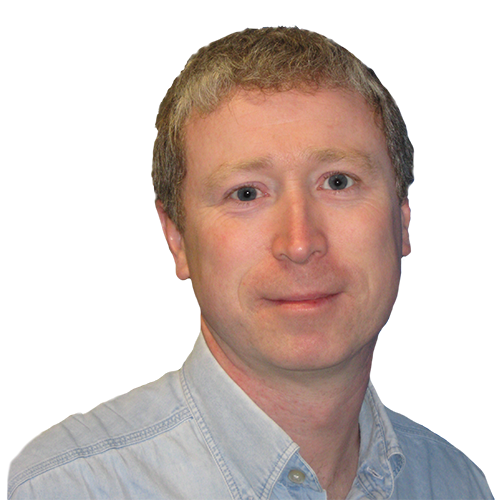Development of a Smart Integrated Miniaturised Sensor System for analytical challenges in diagnostics, industry and the environment
The widespread availability of smart miniaturised systems is limited by the inability to integrate a sufficient number of functionalities into a single device at low cost and high volume using traditional production technologies. Organic, flexible and printed electronics (OFPE) offers this possibility. However, it too must overcome some significant challenges relating to device interfacing and fabrication. Key among these is the availability of subsystems (sensors, displays, power and circuitry) suitable for integration through OFPE, as well as the ability to combine these components through compatible processes.
SIMS will develop a smart, miniaturised sensing system through the integration of a nanosensor, printed low-cost display, mobile phone interface and printed battery with organic circuitry. Integration will take place on a single substrate employing photolithography, screen, and inkjet printing and lamination.
SIMS will be a platform technology. Its broad potential, including industrial and environmental monitoring, will be illustrated through the sensitive detection of hydrogen peroxide. However, due to the scale of the diagnostics market and its relevance to the partners, SIMS will focus on the quantitative measurement of cholesterol.
SIMS will be low cost, disposable, and free from instrument calibration and maintenance. It will vastly expand the opportunities for distributed testing, creating new markets through innovative retailing opportunities. Increased testing will result in benefits to the health and the environment of people in Europe and beyond.
The SIMS consortium includes three leading academic groups covering device physics, electroanalytical chemistry, materials science, electronic and production engineering, as well as two innovative SMEs in the full value chain from speciality materials suppliers, through mass producers, and to a global company in diagnostics with worldwide distribution networks.
Dublin City University, IE
Partners:
- Unipath Limited, UK
- Ntera Limited, IE
- Prelonic Technologies, AT
- The University of Liverpool, UK
- Valtion Teknillinen Tutkimuskeskus, FI


